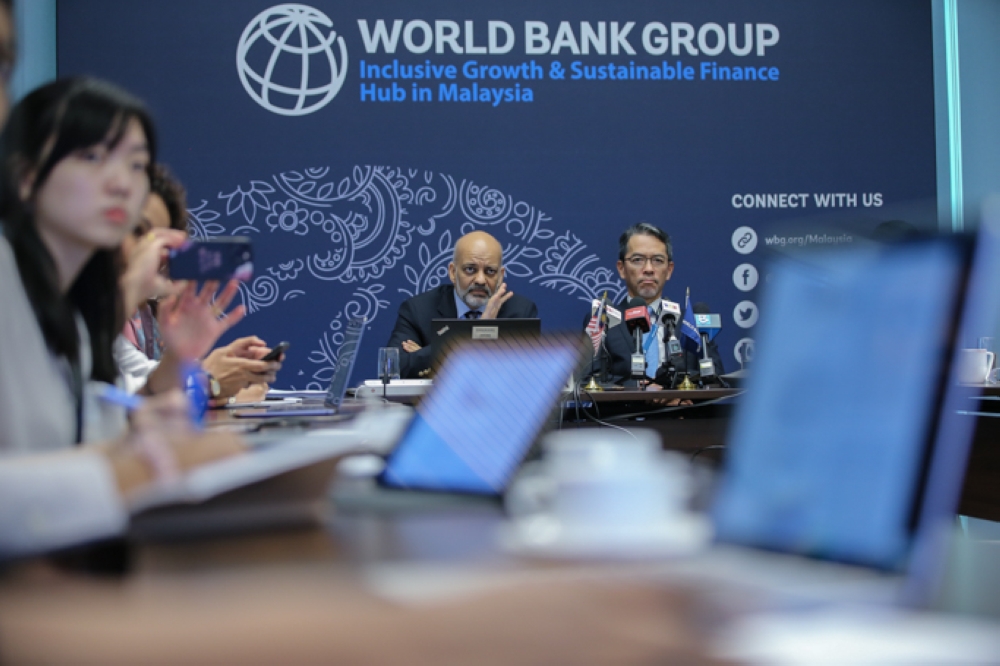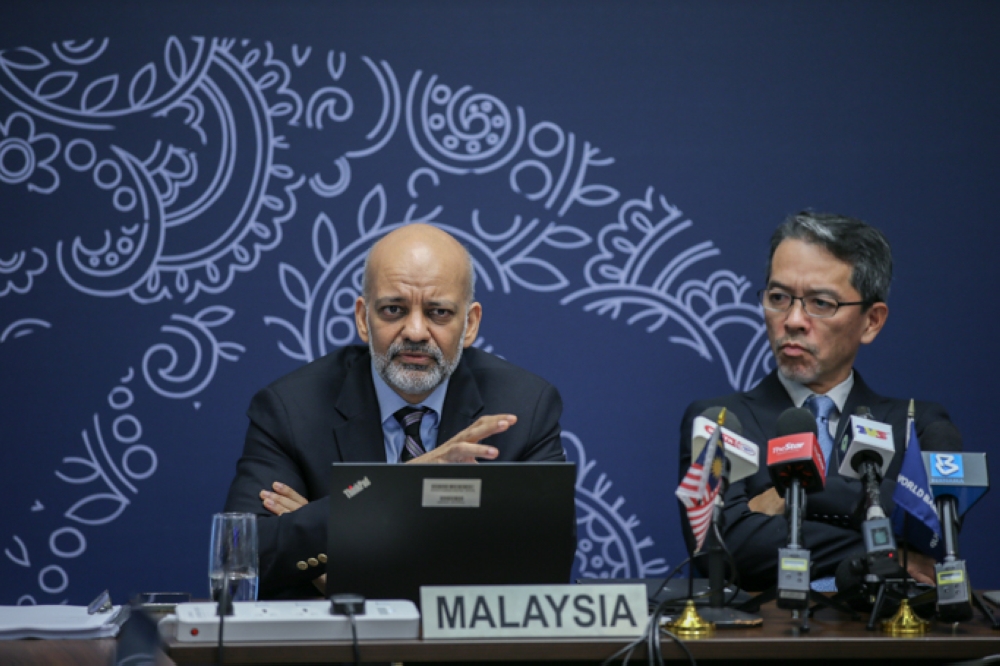KUALA LUMPUR, Feb 3 — Malaysia needs to raise its revenue and the best way to do so is by implementing the Good and Services Tax (GST), the World Bank’s lead economist Apurja Sanghi said today.
He added that it is not by coincidence that 174 countries employ the consumption tax to fill their coffers.
“It is a mean and lean machine that mobilises revenue the best,” he told reporters at the launch of “Expanding Malaysia's Digital Frontier”, the World Bank’s Malaysian economic report for February.
He emphasised that the GST “really” works to brings in revenue.
The Barisan Nasional government introduced the GST in 2015, but it was scrapped three years later by the Pakatan Harapan government with Tun Dr Mahathir Mohamad as prime minister after voters blamed the 6 per cent consumption tax for rising costs.
Apurja said that the government can make the GST more palatable to the public by focusing on nation-building narratives, which was done in Indonesia and India.
“In Indonesia, the narrative was how subsidy removal or subsidy reduction would be used for areas that the Indonesian population really cares about,” he said.
He cautioned that the concept must be communicated effectively.
Besides the success stories of countries who managed to implement the GST, Malaysia can also rely on its past experience, he said.
Apurja also said Malaysia must move away from being a consumer-driven economy towards investment control.
“Consumption used to be about 40 per cent of the GDP in the late ‘90s, it is now 60 per cent or so.
“This kind of over-reliance of consumption is not good,” he said.
He explained that investment is not as large a fraction of the overall economy in Malaysia as it should be, attributing it to a structural issue.
“Investment has pretty much stayed flat for almost ten or twenty odd years,” he said, adding that the solution is to get more investments into the country.
He said that the National Investment Aspirations initiative, which was introduced under then minister of international trade and industry Datuk Seri Azmin Ali, was a good step forward.
Apurja also said that Malaysia had good headline growth numbers last year, partly due to strong private consumption, which was supported in part by Employees Provident Fund withdrawals.
“As you know, only 3 per cent of EPF contributors can afford to retire,” he said.






















